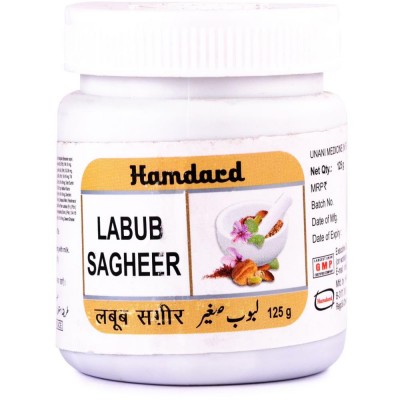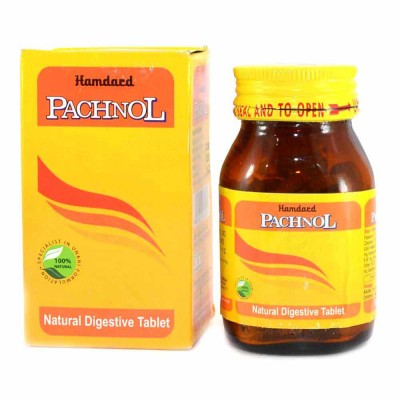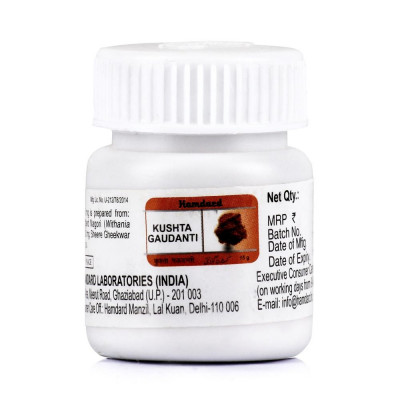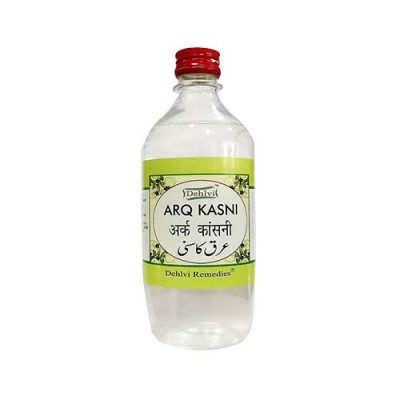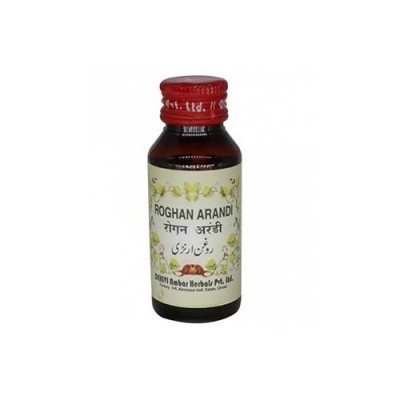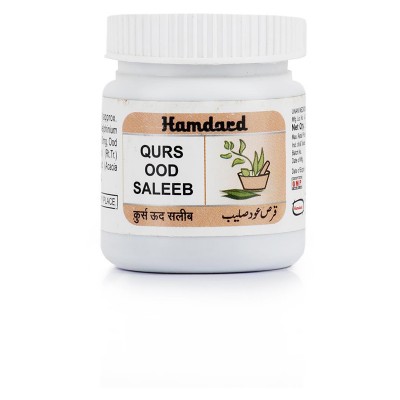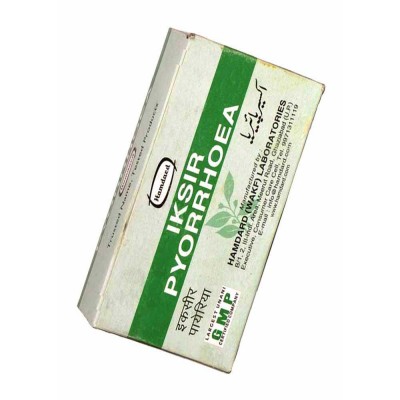Dehlvi Kurkuma "Haldi" Kapseln
- Brand: DEHLVI
- Product Code: HKDL0265
-
Price:
- ₹ 220.00
- Product viewed: 5616
The genus name Curcuma derives from the Arabic kurkum, 'saffron,' in reference to turmeric's saffronlike colour. The rhizome is acrid, alterative, analgesic, anthelmintic, antibacterial, anticoagulant, antifungal, antiinflammatory, antioxidant, antiseptic, antispasmodic, aromatic, astringent, bitter, carminative, cholagogue, circulatory stimulant, emmenagogue, emollient, germicidal, hepatoprotective, hepatotonic, sedative, stimulant, stomachic, thermogenic and tonic. It aids digestion and improves eyesight. It purifies blood by destroying the pathogenic organism. Useful in insomnia, sinusitis, cough, cold and respiratory diseases. The herbs has also been shown to inhibit blood-clotting and help lower blood cholesterol levels. Has a protective action on the stomach. Also useful in ulcers, oedema and anaemia (as it is rich in iron). R.C. Srimal, in Turmeric: A Brief Review of Medicinal Properties, describes the herb as having the ability to protect the liver against toxic substances, especially such heavy metals as lead; to prevent the formation of gallstones or decrease the size of stones already formed; and to increase the flow of bile. Women also appreciate its calming benefits for discomforts experienced during monthly periods. It also regulates menses. Some studies have demonstrated that turmeric exhibits antiinflammatory properties that are useful in the treatment of both osteoarthritis and rheumatoid arthritis. It is also believed to sensitize the body's cortisol receptor sites, and its antiinflammatory properties are considered at least equal to those of cortisones. Alcohol extracts of turmeric have been found to reduce blood sugar, which could eventually affect the treatment of diabetes. In addition, clinical trials in China have demonstrated that simply using turmeric as a food seasoning can reduce serum cholesterol levels. The World Health Organization has recommended the use of this spice. A substance known as a lipopolysaccharide isolated from the turmeric root has shown a capacity to stimulate and increase the activity of the immune system. In addition, research has shown turmeric to be effective in destroying gram-positive salmonella bacteria in vitro. Turmeric also demonstrates antifungal properties. It helps stabilize the body's microflora, thus inhibiting yeast overgrowth.
Compositions
Indications
Adiposity, Amenorrhoea, Anaemia, Arteriosclerosis, Arthritis, Asthma, Bloating, Blood Impurities, Bronchitis, Bursitis, Catarrh, Cold, Cough, Crohn's Disease, Diabetes, Eczema, Fevers, Flatulence, Flu, Gallstones, Gastritis, Hepatitis, High LDL Cholesterol Levels, Indigestion, Insomnia, Intestinal Worms, Irregular Menses, Itching, Jaundice, Joint Pains, Liver Dysfuntion, Low Back Pain, Muscular Pains, Nausea, Oedema, Osteoarthritis, Persistent Infection due to Low Immunity, Pharyngitis, Piles, Psoriasis, PMS, Respiratory Disorders, Rheumatoid Arthritis, Sinusitis, Sluggish Digestion, Sports Injuries, Sprains, Stiffness, Ulcers, Ulcerative Colitis and Weakness of Eyesight.
Contraindications
null
Side effects
null
Dosage
null



